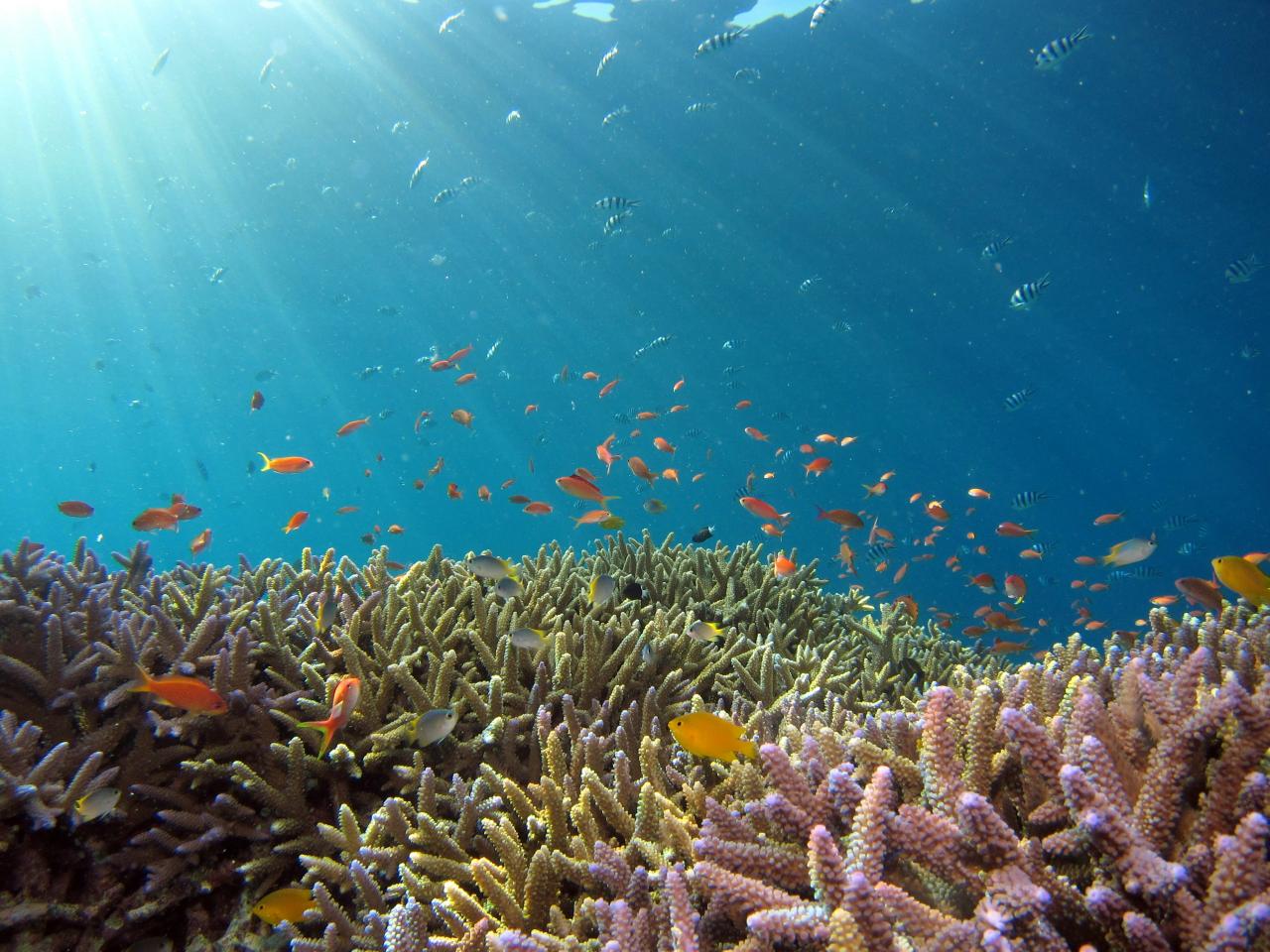Climate change is a global phenomenon with effects felt in numerous areas, including recreational boating. Understanding these impacts is crucial for sea enthusiasts and professionals in the nautical sector. In this article, we analyze how current climate changes affect boating conditions and the health of the oceans.
Changes in Boating Conditions
Recreational boating conditions are directly influenced by climate variations. An increase in global temperatures leads to changes in wind patterns and ocean currents. These changes can make certain boating areas more unpredictable and dangerous. Boaters must now pay closer attention to weather forecasts and maritime safety advisories before setting sail.
Storms and extreme weather events, such as hurricanes, are also becoming more frequent and intense. This can impact the boating season, forcing boaters to adjust their routes and consider shorter or different sailing periods. Consequently, careful planning and increased flexibility have become essential elements for fully enjoying recreational boating.
Impact on Ocean Health
Climate change also affects ocean health, which is vital for a pleasant and safe boating experience. Warming ocean waters contribute to the degradation of marine ecosystems, including coral reefs, which are essential for marine biodiversity. The gradual disappearance of these habitats affects marine life and can reduce the number of enjoyable boating areas.
Ocean acidification, caused by the absorption of CO2 by the waters, has negative effects on marine life. Shellfish, corals, and other marine organisms suffer from this acidification, which can lead to a decrease in fish populations and other marine species that boaters enjoy observing. Preserving these ecosystems is therefore crucial to maintaining optimal and enjoyable boating conditions.
Adaptation and Responsibility of Boaters
In the face of these challenges, boaters have an important role to play. Adopting responsible and environmentally-friendly boating practices can help mitigate some of the impacts of climate change. Using boats equipped with less polluting engines, respecting protected areas, and minimizing waste are all actions that can make a difference.
Moreover, investing in modern boating technologies and equipment can help better manage changing sea conditions. Advanced navigation systems, accurate weather forecasts, and improved safety devices are essential tools for safe and secure boating.
Climate change presents significant challenges for recreational boating, but with proper preparation and responsible boating, it is possible to continue enjoying the wonders of the sea. By staying informed about climate developments and adapting our practices, we can not only preserve our passion for boating but also contribute to the protection of the oceans.
For those looking to explore opportunities and find the ideal boat, it is essential to turn to reliable and quality sources of information. The sea remains an inexhaustible source of discovery and pleasure, and although the challenges are numerous, recreational boating still has bright days ahead.

